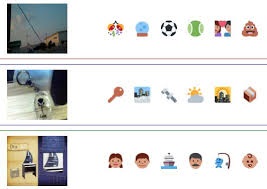Scopus, an Elsevier database that the MSK Library subscribes to, differs from PubMed in some significant ways. Here are the key differences to keep in mind when you are selecting the best tool to use for your next research project:
- Scopus includes Cited References, in fact they recently reached a project milestone of 5M cited references added. Cited references are essentially the references in an indexed article’s bibliography, which – if included in a database’s citations records, allow for searchers to see which other articles have cited a particular article since its publication. Note: PubMed records do not include cited references; however, PubMed has begun displaying links to cited references pulled from full-text articles included in PubMed Central (PMC).
- Scopus includes more than just articles, also indexing books, book chapters, and conference abstracts.
- Scopus includes journal titles that go beyond the strictly biomedical disciplines, including content from journal titles in the Health Sciences and Life Sciences, but also from the Physical Sciences, Social Sciences and Humanities. Continue reading
 If you’ve ever had a difficult time coming up with the right words to search for your favorite YouTube video, you’ll likely find relief with
If you’ve ever had a difficult time coming up with the right words to search for your favorite YouTube video, you’ll likely find relief with 